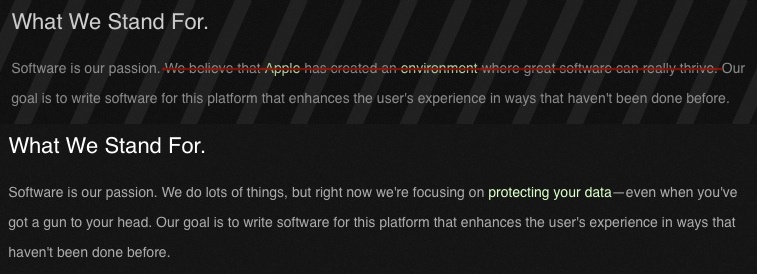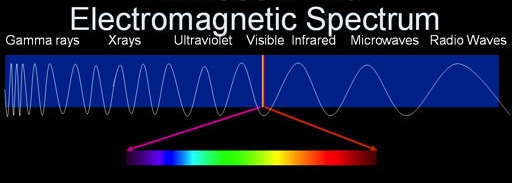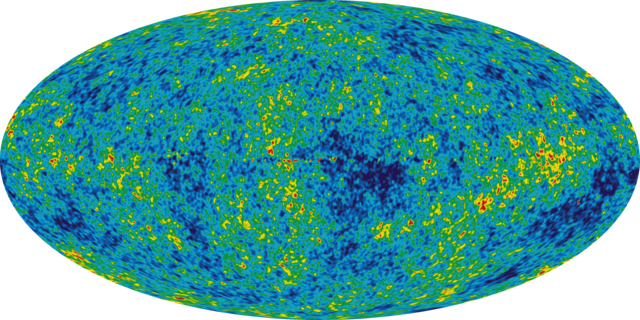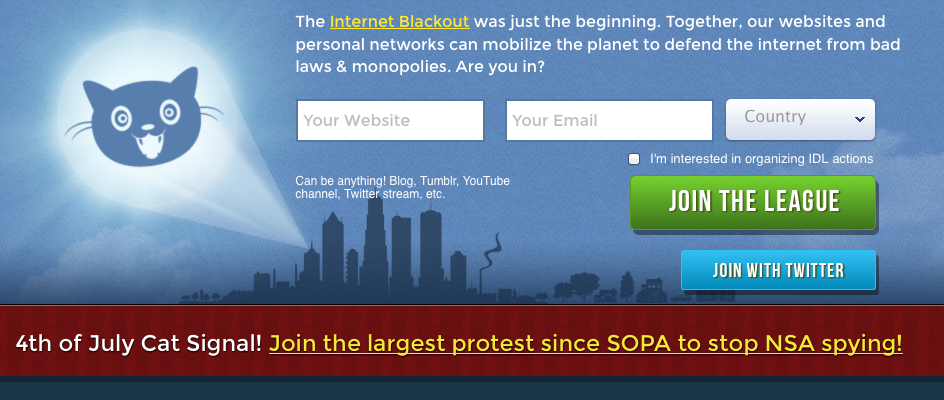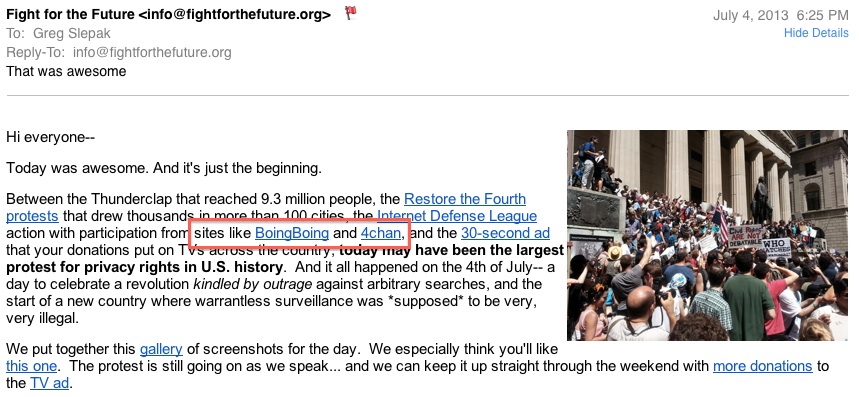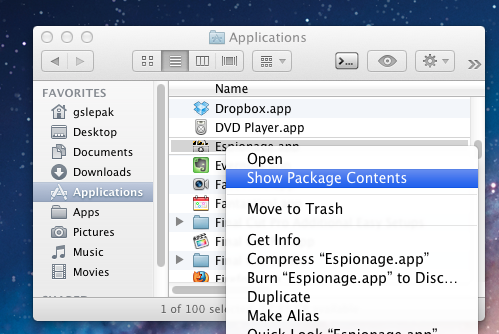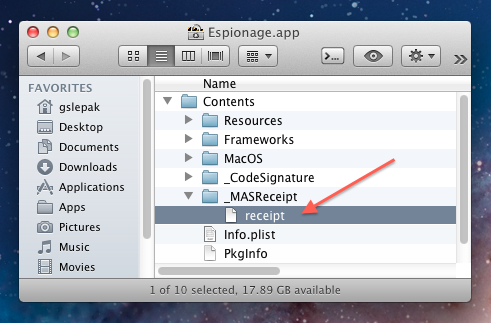EDIT: All of this applies to the regular Apache License (v2) as well, and any other licenses that use its language. I’ve contacted Apache on their legal list about this and am waiting to hear back.
UPDATE 2 3: Apache’s last reply on September 15, 2013: “In response to your request for a formal answer to your question. I will say, as President of the ASF, please give us a little time to consider your comments.”
I recently published a paper1 about my experiences exploring and contributing to Numenta’s open source NuPIC project, during which I discovered a very concerning clause in their Contributor’s License Agreement (emphasis mine):
Subject to the terms and conditions of this Agreement, You hereby grant to Numenta and to recipients of software distributed by Numenta a perpetual, worldwide, non-exclusive, no-charge, royalty-free, irrevocable (except as stated in this section) patent license to make, have made, use, offer to sell, sell, import, and otherwise transfer the Work, where such license applies only to those patent claims licensable by You that are necessarily infringed by Your Contribution(s) alone or by combination of Your Contribution(s) with the Work to which such Contribution(s) was submitted.
In brief, I let Numenta know that I couldn’t sign the agreement because:
[..] it appears to allow an interpretation that states that I’m potentially giving away royalty-free licenses to all the software patent claims I ever make should I make a single contribution to NuPIC, whatever it may be.
For a complete understanding of how such an interpretation is possible, please read part of the email exchange.
I was told that it was a word-for-word copy of the same section in the Apache CLA (v2) (a very common CLA with a long history of use), and therefore it would not be changed. However, after some additional poking, they brought up the issue with their legal team and discussed it internally. Eventually, they agreed to add a few clarifying words that would address the issue completely.
Of significance, Numenta announced the changes via their blog, and stated that they would allow existing contributors to sign the updated version. Matt Taylor, Numenta’s “Community Flag-Bearer”, explained the essence of what was clarified in the update:
This addition bounds the rights of Numenta, preventing us from exercising a royalty-free license to any patents a contributor creates in the future unassociated with the NuPIC project.
I am quite grateful for Matt’s help in addressing this issue. I have no doubt that his professionalism played an important role in Numenta’s decision.
Regarding the resolution, a good friend of mine remarked:
No small feat, getting a company to understand the implications of a contract its executives probably didn’t actually read closely in the first place, and then to send the document back to their lawyers to make it reasonable.
[..] a sympathetic stance would entail understanding that virtually no one reads this boilerplate stuff, that “bad code” gets passed along from one attorney and one organization to others, and then it gets defended for the surface-defensible reason that ‘standard contracts’ allow for legal interoperability. None of that sympathy is to endorse the going ‘standard’ — and it takes something like what [happened] to put things in better stead.
Significance for the Open Source Community
That a fairly large and well known company took these steps to clarify the Apache CLA has fairly significant consequences for the entire Open Source community.
In effect, Numenta’s actions legitimize the concerns that were raised, which sends a strong signal to every other company out there that uses the Apache CLA. It also sends a strong signal to every single developer who has ever signed a CLA that contains an identical (or similar) patent license clause.
The group most affected, however, are developers who have not yet signed an Apache-based CLA and have become aware of this issue (either through this paper or some blog post). The reason for this is that even if most companies would never abuse the CLA in the manner that the original language allows, the mere awareness of the possibility implies consent.
Why? Because if you are aware of the potential consequences that signing a legal document can have, and you still put your signature on it, then you cannot even use ignorance as a defense should the issue ever arise. That was the reason it became impossible for me to sign Numenta’s original CLA:
Given that multiple individuals now have (in written form) my understanding of what the document allows for, I cannot in good faith sign such a document as-is, because written as-is, it appears to allow an interpretation that states that I’m potentially giving away royalty-free licenses to all the software patent claims I ever make should I make a single contribution to NuPIC, whatever it may be.
At the time of publishing, the Apache CLA was at version 2.0. Hopefully, the Apache Foundation can amend their CLA in a future update.
1 Hierarchical Temporal Memory, NuPIC, and Numenta’s Commendable Behavior
